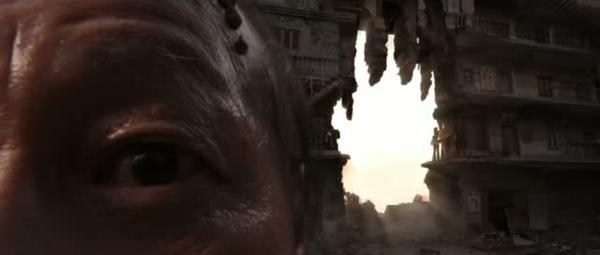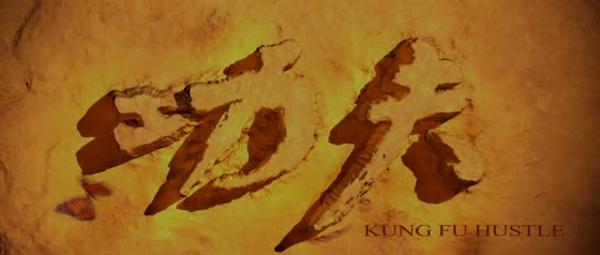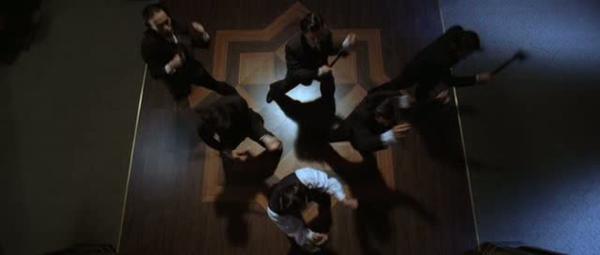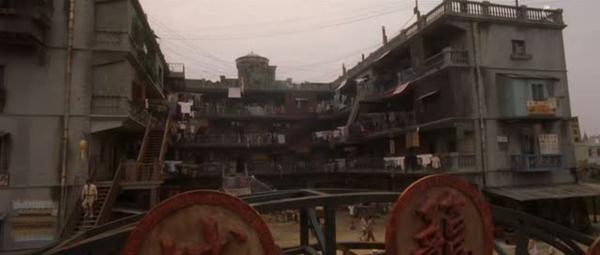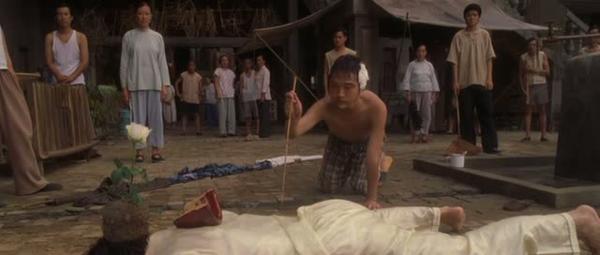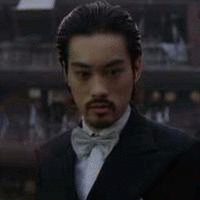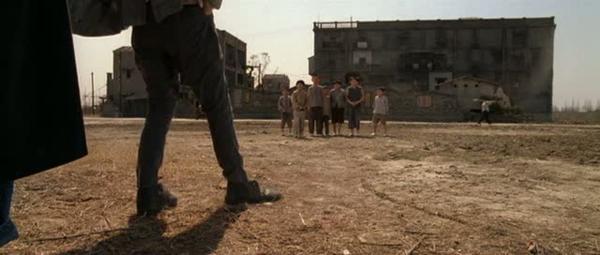
Journey to the West: Conquering the Demons
aka 大話西遊之三藏付魔 aka Xi you xiang mo pian
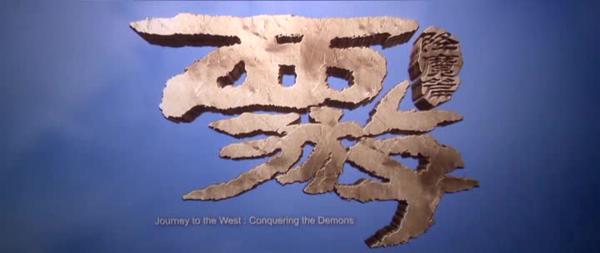
2013
Written by Stephen Chow Sing-Chi
Directed by Stephen Chow Sing-Chi and Derek Kwok Chi-Kin
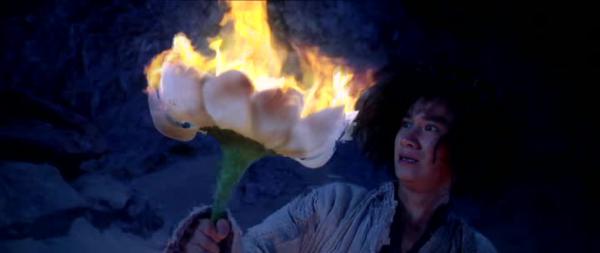
Stephen Chow makes his triumphant return behind the camera for Journey to the West: Conquering the Demons! While early trailers played up the comedic aspects, Journey to the West: Conquering the Demons is thematically very different from what you would expect. It is mainly a horror comedy with romance elements. A sort of prequelized tale to the Journey to the West mythos, with the usual liberties and elements of true love and wackiness sprinkled in.
Stephen Chow spent most of the time since CJ7 running his own company (including work on the CJ7 cartoon) and randomly getting attached and unattached to various Hollywood projects. Even with this return to directing, Chow did not appear in front of the camera, despite rumors to the contrary. Those rumors have even started for the eventual sequel, of which I don’t think work has even begun. Whatever Stephen Chow wants to do is fine by me, because despite the flaws in Journey to the West 2013, it is still a marked improvement over a lot of the boring big budget garbage coming out of Chinese cinema lately.
Chow’s usage of actors with nonstandard physical appearances is still happening, the look of the background actors becoming as much of their role as their actions. There is even a sort of comment on the usual lack of problems with a woman getting hit by a man in Hong Kong comedies. Everyone freaks out when it looks like Shu Qi is about to get smacked by Monk Chen, and of course she then beats up the guy who almost hit her.
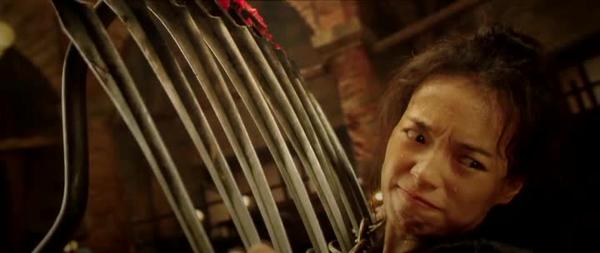
Chow’s fantasy retake is unconnected to the prior A Chinese Odyssey films, and is stylistically very different. The depiction of Monkey King is more of a mean-spirited animal than a practical joker, but again this is before he became “reformed”. But don’t fret, the classic songs from the original Chow films still show up in unexpected ways.
The true main character is the Monk Chen Xuan-zang (more commonly known as Tripitaka), here just beginning his monkhood service as a demon hunter. Chen Xuan-zang follows a particular philosophy where there is good in everyone, even demons, and he doesn’t set out to kill the monsters. His travels cause him to repeatedly cross paths with professional demon hunter Duan, who ruthlessly stops her targets with magic flying rings she wears as a bracelet.
Soon their continual meetings is revealed to be more than just an accident, as Duan chases after Chen Xuan-zang in an attempt to get him to marry her so she can settle down. The Monk is adamant in his devotion to his faith, dismissing romance as “Lesser Love” and he is following “Greater Love”. But despite the problems, their paths continue to merge, leading to drama when the Monkey King is unleashed.
The different portrayals of Monkey King by Huang Bo and then some guy in makeup are a great example of building a complex character. Monkey King appears as a friendly, grateful guy who is convinced to help to try to regain some cosmic karma. But he’s far more than that, and soon the demeanor changes as his plan for freedom falls into place. Monkey King is then a wild animal in a costume, basically a cartoon character, who then has a big cartoon violence fight with several demon hunting champions, each with their own ridiculous powers. The kindly grey Huang Bo would not work in these action sequences, just as the monkey costume version would not be believable as a captured and tormented soul yearning for freedom.
Chow’s borrowing of other properties takes a turn to the lazy here when various scenes are lifted wholesale
most notably an action cinematic that is swiped directly from the Asura’s Wrath video games. Other characters are takes on some classic wuxia characters through history, including one called Almighty Foot, who is basically Sek Kin from The Furious Buddha’s Palm, right down to the identical foot growing sequence (even the music and foot growing sound effects are borrowed!) but with a bit of CGI enhancement. Heck, even the concept of a prequel-style movie with Tripitaka in a love story was done before (by Jeff Lau, in A Chinese Tall Tale!)
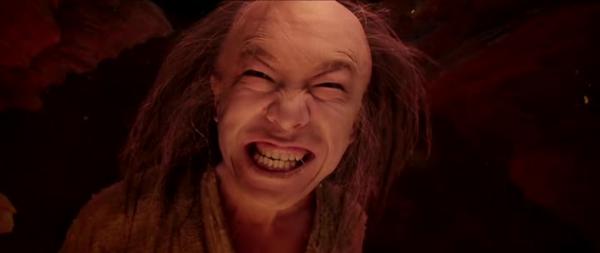
All is forgiven thanks to Prince Important, who is Law Chi-Cheung doing a ridiculous impression of Stephen Chow. He plays him sickly and carted around by four “beauties” – older women who talk back at everything Prince Important tries to do to look cool.
Journey to the West‘s biggest problem is it needed an editor. The pacing in any Stephen Chow flick is always off, but here it also rather long. Certain comedic scenes could have been cut down without losing anything important, and making the film tighter as a whole. While not as original as I could have wanted, and prone to meandering off on random topics, Journey to the West: Conquering the Demons was still a joy to watch, and hopefully helps give a needed kick to the seat of Chinese big budget cinema to bring more to the table than the blandness. Anything that ups the game is always welcome.
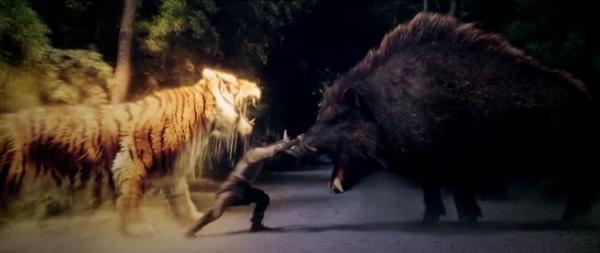
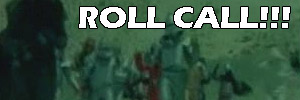
 |
Chen Xuan-zang/Tripitaka (Wen Zhang) – Newly minted demon hunter from a sect that believes that the demons are still good creatures at heart. After capturing the demons, he reads t them from The Demon Hunters Handbook – just a book of 300 Nursery Rhymes! His sifu believes in him and thinks he’s just missing that little something. During his missions he continually runs into Miss Duan. Cares more about the people he is saving than any of the other demon hunters we see in the film. |
 |
Miss Duan (Shu Qi) – Demon hunter and posesser of the Infinite Flying Ring, which she uses to destroy her unholy opponents and wears as a fashion statement. Duan keeps running into Monk Chen, falling for him despite his incistance that he isn’t into that lesser physical love stuff. The flying ring concept is borrowed from the Buddha’s Palm films. |
 |
Chen Xuan-zang’s Sifu (???) – Monk Chen’s master, who knows almost everything that is going on in the spiritual world even if he can’t keep things straight in the physical world. Spends most of his days srawing images on walls that tell the past and future. |
 |
KL Hog (??? and CGI) – Former good man turned revenge demon after his wife cheated on him with a beautiful man. Is a powerful demon and spends much of the film chasing the heroes. |
 |
Monkey King (Huang Bo) – Monkey King has been trapped in a cave for 500 years, but is always eager to please anyone who stops by asking for help. I’m sure the master trickster has nothing up his sleave…. |
|
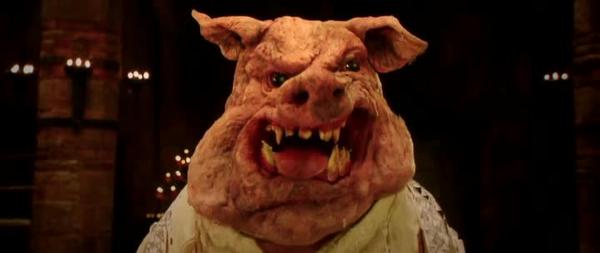

![]()














